Mali
Germany is counting on nine to 12 months to withdraw its soldiers from Mali, a withdrawal imposed by the new realities of the country under the leadership of the military, but which does not put an end to development aid, two ministers said Thursday during their visit.
German Defense Minister Boris Pistorius, appointed in January, visited the German contingent of the UN peacekeeping mission (Minusma) in Gao (north), in anticipation of this withdrawal already announced by May 2024. He was accompanied by Development Minister Svenja Schulze.
"We are not talking about moving a family of five people with a truck. This is a military logistical operation that is not arranged like this and requires the next nine to twelve months depending on the circumstances," he said.
Germany has several hundred soldiers among the 12,000 or so deployed by the UN Mission in the Democratic Republic of Congo (MINUSTAH) in the country, which is plagued by the spread of jihadism and violence of all kinds. It is the largest Western contribution, according to a mission report released this week.
Pistorius stressed the importance of the German contingent, especially for reconnaissance missions. But that commitment has "not been possible in practice for some months," he said.
"It is not the (German) commitment that has failed, it is the conditions that have made this commitment fail," he said without elaborating.
The colonels who took power by force in 2020 broke the alliance with France and its European partners against the jihadists and turned militarily and politically to Russia. They have enlisted the help of hundreds of men described, depending on the source, as instructors from the Russian army or mercenaries from Wagner, a Russian private security group whose actions have been criticized.
The junta has also imposed restrictions on the operations of the UN Mission in Mali. The U.N. has expressed concern about the safety of peacekeepers' operations after the departure of the French, but also of other contingents. Several countries have decided to stop or suspend their participation in UNMIS in recent months.
U.N. Secretary-General Antonio Guterres said this week that Jordan in turn informed the U.N. in February of its decision to end its contribution immediately.
"If we could do what we came here to do, we would stay," Pistorius said.
His development colleague, however, stressed that German civilian aid, which has been effective since independence, was also highly valued. "The message we wanted to send is that even if the military engagement ends, development cooperation continues," she said, citing access to water or agriculture.
"We can, for example, pilot projects here in Gao, even from Bamako. It is possible, we have a long experience in this area," she said.



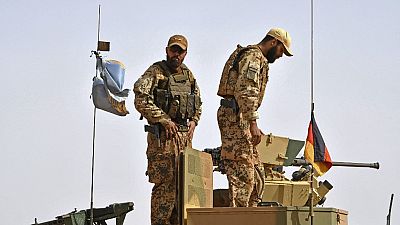

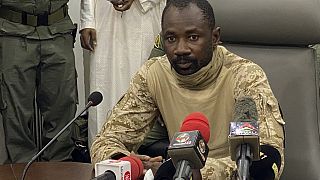
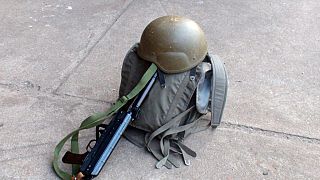
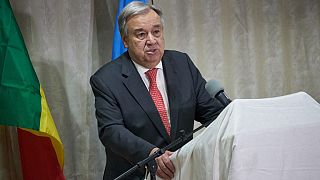
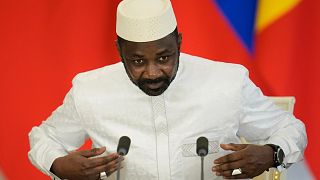

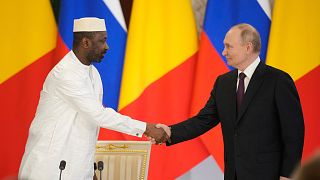


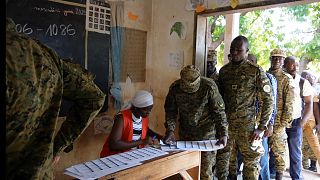
01:54
"Great economic potential in Africa": five African leaders have lunch with Trump
01:03
Russia becomes first country to recognise Afghanistan's Taliban government
00:44
Mali junta chief extends army rule by five years, rules out elections
01:38
Egypt and Germany FMs call for "de-escalation" in Iran-Israel crisis
01:14
Mali: Assimi Goita could soon be president until 2030 - without an election
Go to video
Wagner group announces withdrawal from Mali after “mission accomplished”